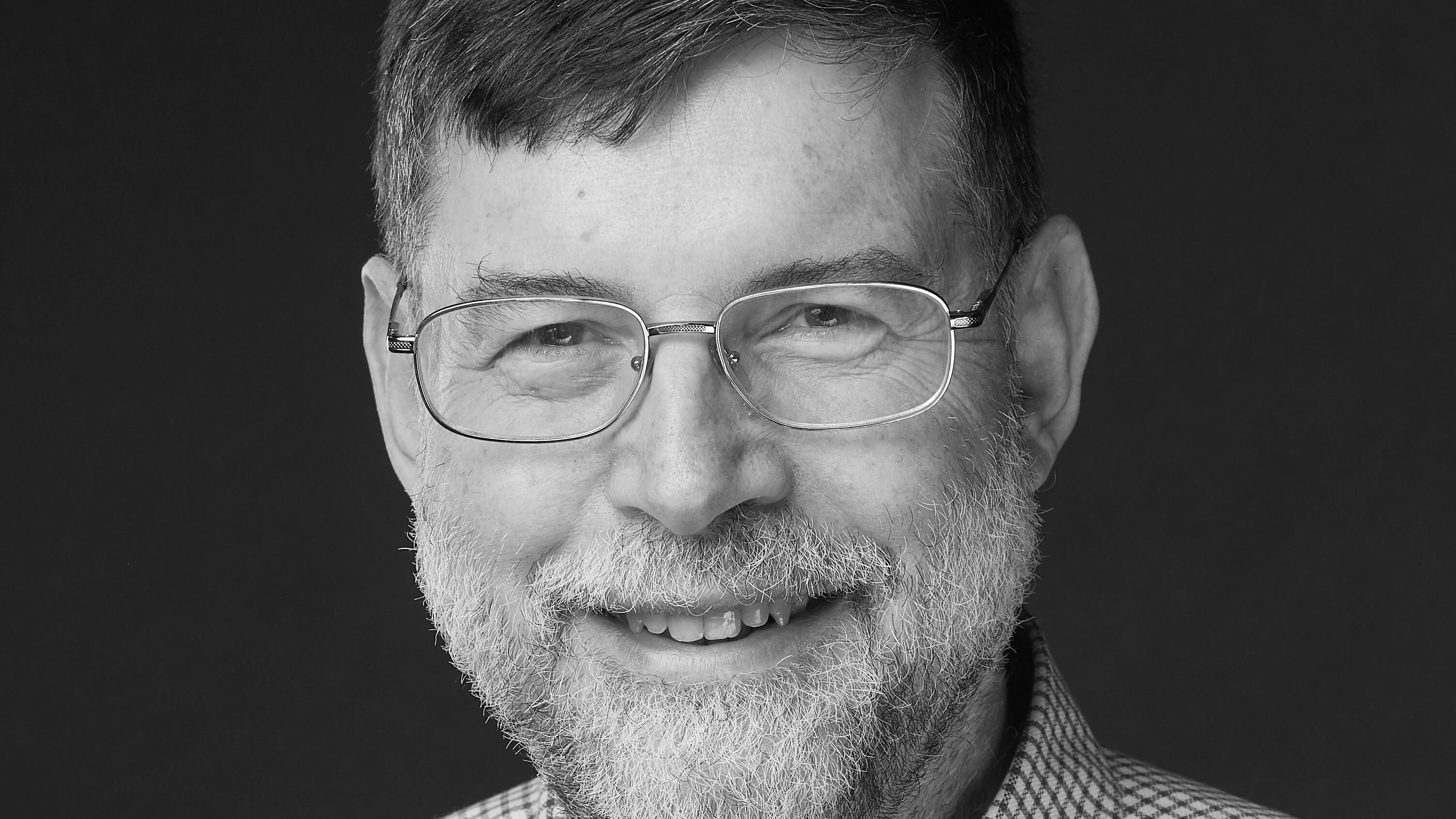Nothing in tech seems to hold more potential—for better or worse—than Artificial Intelligence, or AI. Some day, we may look back on recent breakthroughs as on a par with the early years of the Atomic Age.
Few see the big picture of AI evolution like Gadi Singer, a vice president at Intel's Artificial Intelligence Products Group. Singer just celebrated his 36th year at Intel and will speak at TechfestNW about "The Age of AI: How Neural Networks will Transform Science, Engineering and Health Care."
He says he hopes "to bring a perspective, an insight, that will help people understand the complexities of the AI world."
These days, those complexities come with a lot of tricky ethical questions. There are the deaths caused by self-driving vehicles, for example, or Congresswoman Alexandria Ocasio-Cortez talking about people being "automated out of work … [and] left to die."
Even the image recognition abilities that AI helps with are not where we need them to be: a recent Georgia Tech study found pedestrians with darker skin tones are at risk of not being picked up by pedestrian recognition software.
"This is a time to have a dialog out there" about AI, Singer says. "I think [ethical] debates are necessary."
So is a policy framework, and the question of who is steering the United States' AI ship. A February executive order from the White House called for "the development of an action plan to protect the United States advantage in AI …."
A March Intel media release co-written by Singer's boss Naveen Rao calls for a "national strategy" on AI, including government-funded research and development, job development and "protect[ing] people's welfare given that AI has the potential to automate certain work activities."
Ultimately, Singer says, AI's benefits outweigh the risks.
"There's no inherent pitfalls in AI," Singer argues, "other than the ones we haven't paid attention to. … I see this technology as having great potential to help people do the work. So I don't look at it as displacing [jobs], I look at it as partnering."
Intel projects the market for AI chips to climb to near $10 billion in revenue by 2022. In its ongoing AI competition with Nvidia, Intel has acquired other companies, including its 2016 reported $408 million purchase of Nervana, a San Diego startup.
All this activity reflects a description Singer and others use: ours is a "Zettabyte Age." It's a reference to 10 to the 21st power bytes, an almost-incomprehensible leap from where computing was when Singer joined Intel in 1983 in Israel.
Despite being near the fore of AI, Singer spends most of his days at the office "with people, not with a computer screen," he says.
Similiarly, whereas Rao, Singer's boss and general manager of Intel's AI Products Group, finds the race cars he drives an apt metaphor for AI, Singer takes human intelligence as his guide. "So when I look at where would computers go next, I look at human intelligence as the blueprint for computer intelligence."
But, he continues, computer learning is moving past "just being fed examples that we selected for it."
So Singer's talk at TFNW 2019 is likely to include questions like this one:
"How do we rethink the interactions between computers and humans, when computers can do reinforcement learning, when a computer system can create its own experimentation, learn from it, reinforce some of the learnings it had, and create a new experiment to learn new things?"
